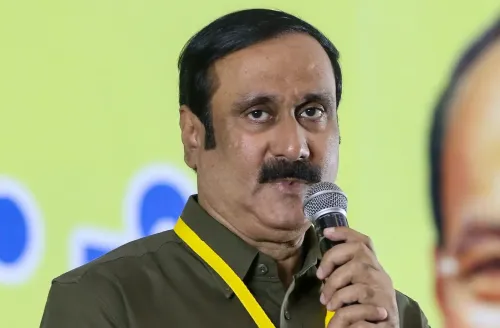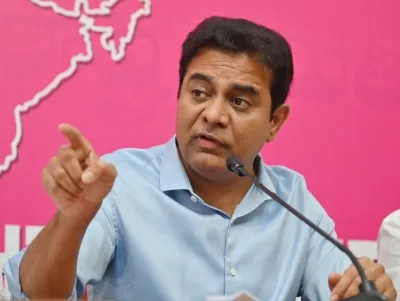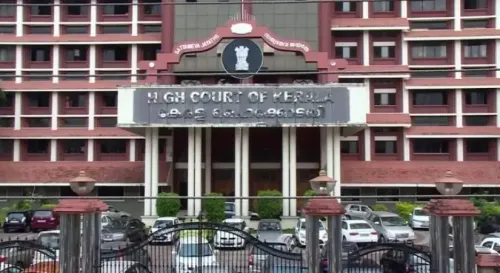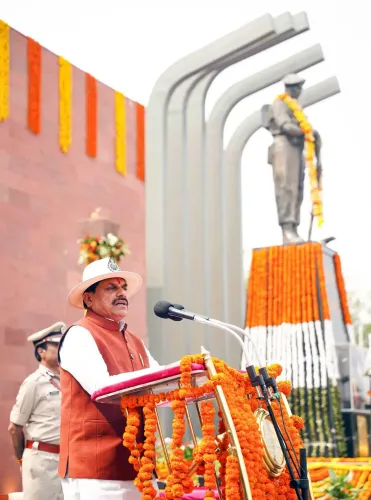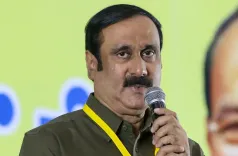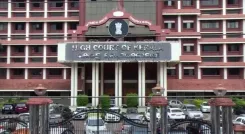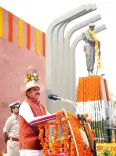Is the Independence Day pledge fulfilled? PM Modi applauds GST reform
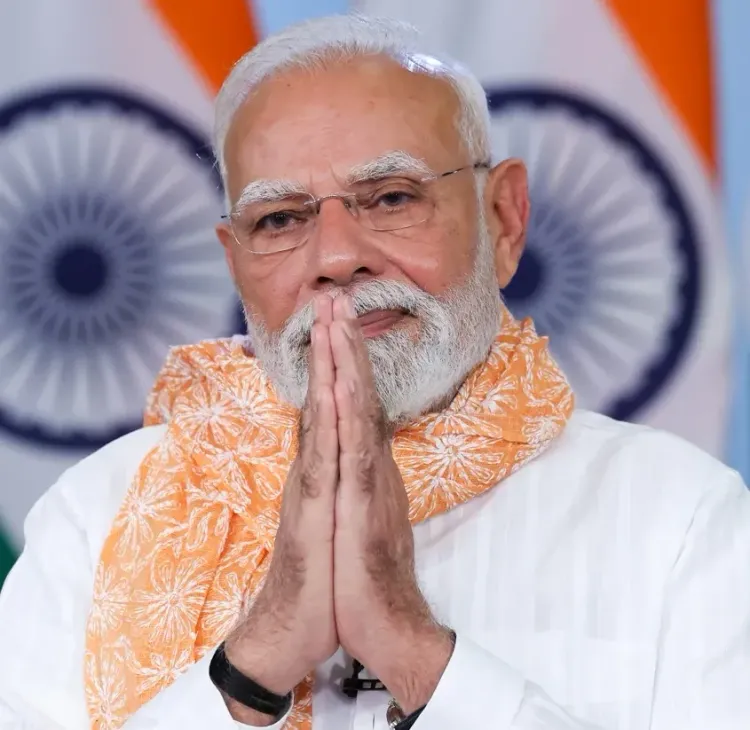
Synopsis
Key Takeaways
- GST reduced to two slabs: 5% and 18%
- Elimination of 12% and 28% tax rates
- Effective date: September 22
- Lower GST on essential personal care items
- Increased GST on tobacco and sugary products
New Delhi, Sep 3 (NationPress) In a groundbreaking move to reform India’s indirect tax landscape, the GST Council, led by Union Finance Minister Nirmala Sitharaman, has on Wednesday sanctioned significant changes to the GST framework. This transition reduces the previous four-tier GST system to a streamlined two-rate structure of 5 percent and 18 percent.
The Council has eliminated the 12 percent and 28 percent tax brackets, establishing a simplified two-rate model aimed at easing consumer burden and stimulating economic growth. These reforms will take effect on September 22, initiating revised tax rates on various essential goods and services.
Following this announcement, Prime Minister Narendra Modi expressed his approval on the social media platform X, stating: “In my Independence Day address, I discussed our commitment to implementing Next-Generation reforms in GST. The Union Government prepared an extensive proposal for comprehensive GST rate rationalization and process reforms, intending to enhance the living standards of the average citizen while fortifying the economy. I am pleased to announce that @GST_Council, which includes both Union and State entities, has collectively consented to the proposals from the Union Government regarding GST rate reductions and reforms that will positively impact the common man, farmers, MSMEs, the middle class, women, and the youth. These extensive reforms are designed to transform the lives of our citizens and facilitate ease of business, particularly for small traders and enterprises.”
GST on essential personal hygiene products like hair oil, shampoo, toothpaste, and dental floss has been slashed from 18 percent to 5 percent, providing direct relief to millions of households.
Popular ready-to-eat snacks such as namkeens, bhujia, chabena, and mixtures, which were previously taxed at 12 percent, will now be subject to only 5 percent GST, making them more accessible to consumers across all income levels.
In alignment with public health objectives, the Council has raised the GST on cigars, cigarettes, and all tobacco items to 40 percent, up from 28 percent.
Additionally, all products containing added sugar, sweeteners, or flavors, including carbonated drinks, will now fall under the 40 percent category.
This GST reform, regarded by experts as a 'next-generation' initiative, is anchored on three fundamental pillars, as emphasized by PM Modi.

